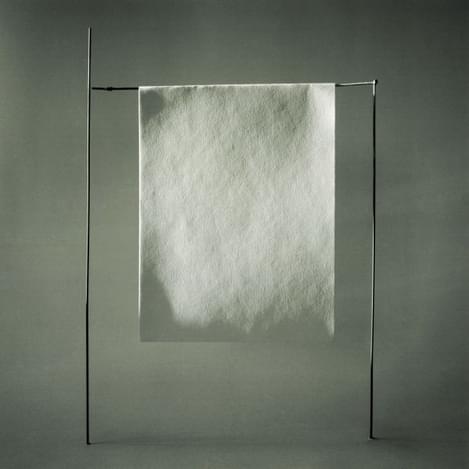Simple is the perfect introduction to the genre-spanning work of Sylvain Chauveau
"Simple"

This album, a re-issued (originally released in 2012) stylistically representative collection of his music, some of it dating back to the end of the last century, provides an excellent introduction to one who is due some belated recognition for some first rate scores for French cinema.
Comparisons with, for instance, Max Richter are perhaps inevitable and have some validity. Yet it needs to be recognised that Chauveau’s musical signature has its own character, and the range of his work is certainly impressive.
In some respects, he represents the divide between the modernist (but not minimalist) Gavin Bryars, whose 1998 “The Sinking of the Titanic” retains its beautiful restrained force over twenty years later, and Nils Frahm. Like these two, Chauveau impresses through his emphasis on meticulous construction while never over-loading his developing themes, and simultaneously maintaining an ability to take music in unusual and rewarding directions.
Most of the tracks here are short, and it is easy (though mistaken) to conflate the lyrical effects across the album. This would do a disservice to Chauveau, whose ability to present dialogue between instruments demonstrates the fine range of his technique, as “Le Brasier De Tristesse” and “Pour Les Oiseaux”, with their delicate cello-piano interplay, show so well, before a shift into subtly modulated electronica material, more textural than atmospheric, in “Blanche Comme L’Infini”.
At times, the brevity of some tracks conveys a sense of their being sketches rather than fully worked-through pieces, but these are, nevertheless, always engaging and suggestive of a talent capable of creating a remarkable variety of ambiences that never drift into mere surface effects. The more lush treatments, as in “Strangers Forever”, work well as contrasts to the more stripped down or, at times, the more industrial, indicative of a compilation that, like the best collections, prompts a desire to discover more from an artist for whom wider appreciation is overdue.
Get the Best Fit take on the week in music direct to your inbox every Friday

Lorde
Virgin

OSKA
Refined Believer

Tropical F*ck Storm
Fairyland Codex




